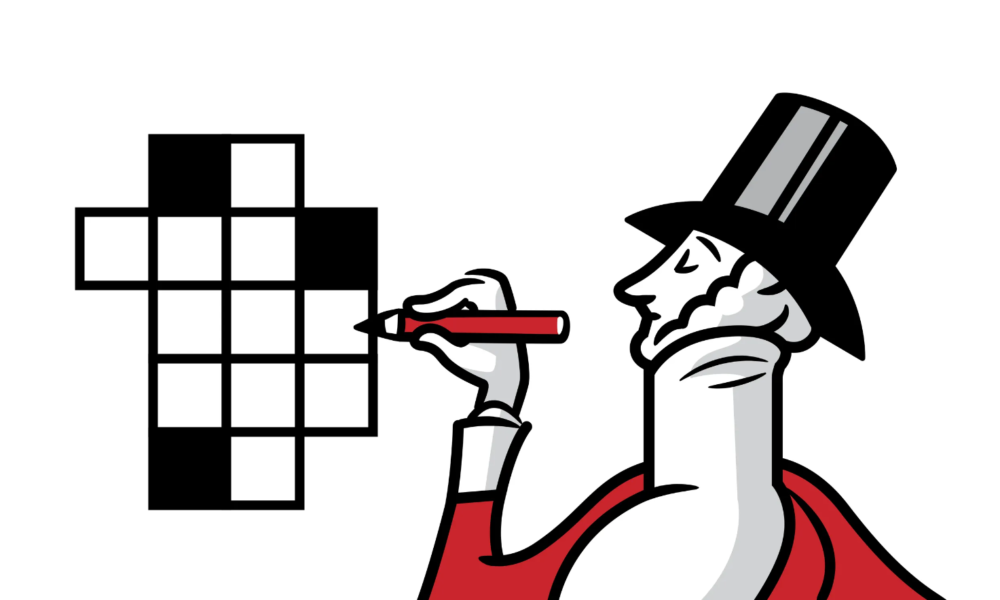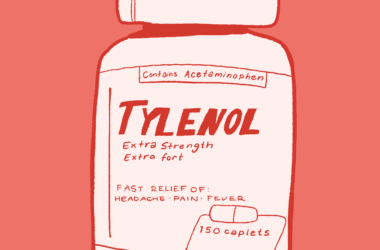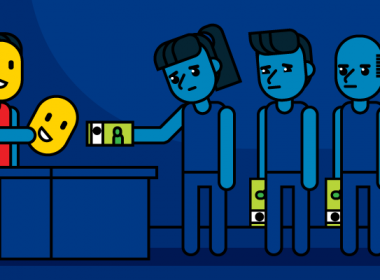Over the past few years, word puzzles and brain games have exploded in popularity. Most of us are familiar with the green, yellow, and grey squares of Wordle, acquired by The New York Times in January 2022, or have attempted to organize letters on a Scrabble board to no avail. This increased engagement with word puzzles has not gone unnoticed among scientists. Many now wonder whether the mental gymnastics we do to solve word puzzles have any particular benefits on cognitive ability or overall brain health.
At first glance, we would expect the answer to be “yes.” Logically, we assume that anything that makes our brains exercise a little harder will be beneficial to our health in the long term. But what does the science say?
Well, there are some conflicting accounts. In 2019, a study was conducted on people between the ages of 50 and 93 to understand what kind of effects online word games had on the cognitive abilities of older people. The researchers found that people who did not play any games consistently performed worse on measures of cognitive ability than those who played regularly. This idea, however, contradicts what researchers say about the drawbacks of spending too much time in front of a screen.
A wide body of research has concluded that increased screen time negatively affects the cognitive development of children and adolescents. In some instances, too much screen time has hindered children’s ability to develop strong psychophysiological resilience, or one’s ability to withstand psychological, physiological, and emotional violence.
So, maybe word games are good for your brain, but only if you play the ones in a physical newspaper or print out the ones online. Unfortunately, this might mean cutting back on your Wordle time—something The New York Times would not like.
In 2022, the word games market value was estimated at $2.47 billion USD—due in part to the sheer number of such games. There are hundreds of different types: Sexaginta-Quattuorlde is a game where you play 64 Wordle squares at once; SpellTower is a mashup of Tetris and Scrabble where you use adjacent letters to form words; and The Sunday Times regularly publishes a cryptic crossword where you have to decipher a clue to get a second clue that leads you to the word that fits into a traditional crossword grid.
Most researchers have concluded that whether you play word games online or on paper, the benefits of such mental exercise outweigh the negative effects of too much screen time. Daily mental stimulation through word games, and even other challenging mental tasks, help maintain and improve cognitive abilities such as memory and plasticity.
There is one more benefit of completing word puzzles—it’s what experts call the “a-ha” moment, and it’s arguably the best part. The “a-ha” moment is that feeling you get right after you have finished a crossword or secured a triple-word score square in Scrabble. When the brain completes a difficult task, it is flooded with endorphins, reducing feelings of stress and pain—mental pain, in this case.
A study conducted in Vienna in 2018 used functional magnetic resonance imaging (fMRI) to evaluate how the human brain reacts when a person completes a mentally challenging puzzle. Scans showed that the nucleus accumbens—an important structure in the brain that helps manage emotions—is activated at the “a-ha” moment. This region is also linked to the dopaminergic reward system, leading researchers to link the “a-ha” moment with positive reinforcement.
While crosswords, the Wordle, and Scrabble may be hard, they are worth dedicating time to. Your brain benefits from the exercise and thanks you for the workout with endorphins. So, fact or fiction: Do word games and puzzles really keep your brain healthy? The McGill Tribune says yes.








